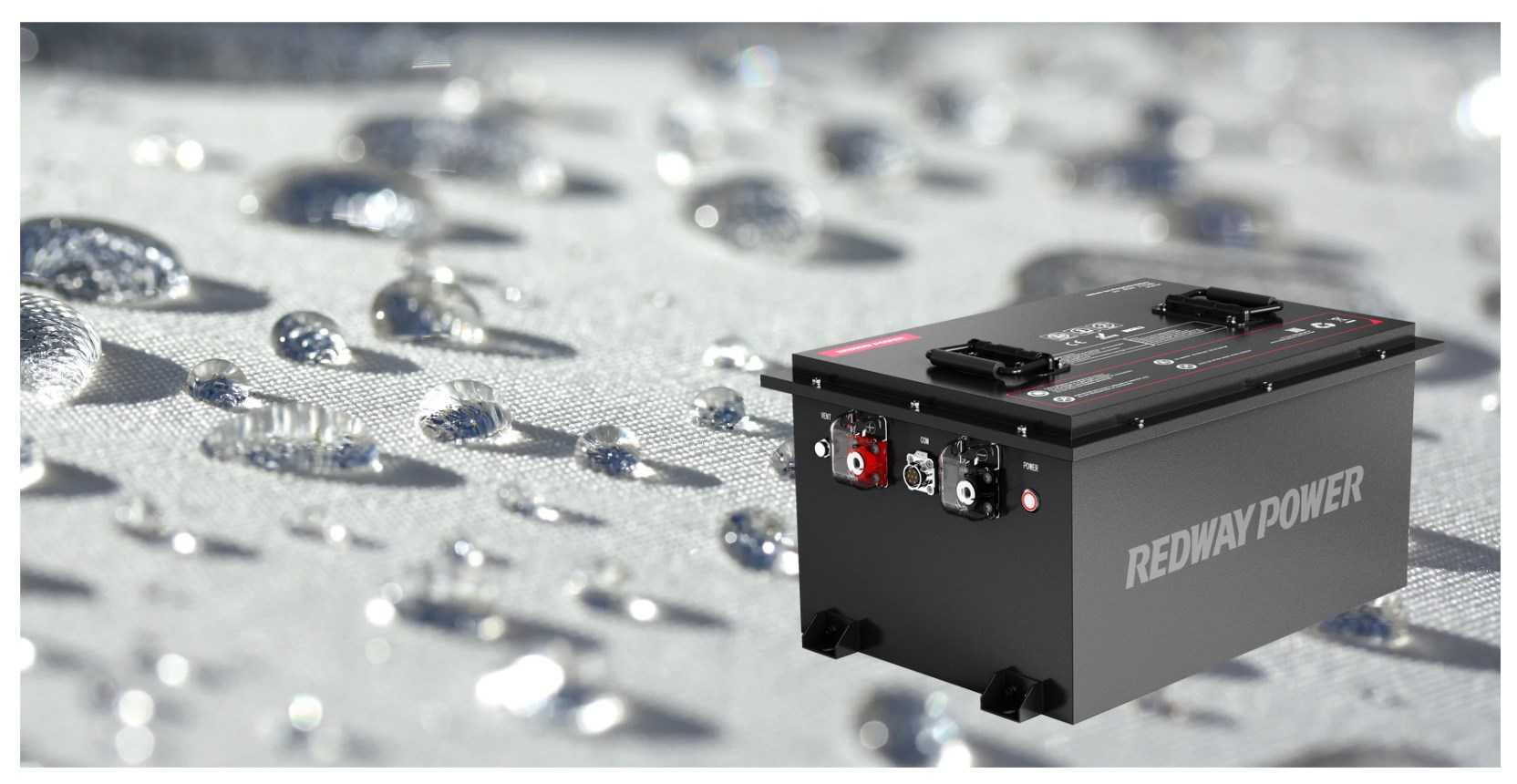In the realm of modern golf carts, LiFePO4 (Lithium Iron Phosphate) batteries are renowned for their exceptional performance, longevity, and safety compared to traditional lead-acid batteries. However, one crucial aspect that owners and operators must be aware of is their water resistance. This article will delve into the essential details regarding the waterproof nature of LiFePO4 golf cart batteries, and provide comprehensive guidance on how to protect them from water damage effectively.
What Are LiFePO4 Batteries?
LiFePO4 batteries represent a type of lithium-ion battery characterized by their use of lithium iron phosphate as the cathode material. This composition offers several advantages:
- Longer Lifespan: They generally last much longer than traditional lead-acid batteries.
- Enhanced Safety: They are less prone to overheating and thermal runaway.
- Stable Performance: They maintain consistent performance across a broad temperature range.
Despite these benefits, LiFePO4 batteries are not immune to environmental factors, particularly moisture and water. Understanding how to protect them from such elements is essential for maintaining their functionality and extending their service life.
Wholesale lithium golf cart batteries with 10-year life? Check here.
Are LiFePO4 Golf Cart Batteries Waterproof?
LiFePO4 golf cart batteries are not inherently waterproof. This means they are not designed to withstand direct exposure to water or excessive moisture. Their construction does not include waterproof features, making them vulnerable to damage if exposed to these conditions. The primary concern with moisture is its potential to corrode internal components, disrupt the battery’s electrical systems, and ultimately compromise performance and safety.
Why Moisture and Water Are Hazardous
- Corrosion: Exposure to water can lead to corrosion of metal components inside the battery, potentially causing short circuits and performance issues.
- Electrical Damage: Moisture can create conductive paths within the battery pack, leading to electrical failures or even short circuits.
- Decreased Efficiency: Water ingress can impair the battery’s efficiency, reducing its overall effectiveness and lifespan.
Protecting LiFePO4 Batteries from Water Damage
To ensure the longevity and optimal performance of your LiFePO4 golf cart batteries, it is crucial to implement effective protection strategies. Here are key measures to take:
Want OEM lithium forklift batteries at wholesale prices? Check here.
1. Use Waterproof Enclosures
Waterproof enclosures are a critical line of defense against water damage. These specialized cases are designed to shield the battery from moisture while allowing for adequate ventilation. When selecting an enclosure, consider the following:
- IP Rating: Ensure the enclosure has a high Ingress Protection (IP) rating to indicate its resistance to water and dust.
- Material Quality: Opt for enclosures made from durable, weather-resistant materials such as polycarbonate or aluminum.
2. Proper Sealing and Insulation
Sealing and insulating the battery compartments effectively can prevent water ingress. Here are some tips:
- Gaskets and Seals: Use high-quality rubber gaskets and seals around battery compartments to create a water-tight barrier.
- Silicone Sealant: Apply silicone sealant to joints and potential entry points to enhance moisture resistance.
3. Regular Inspection and Maintenance
Routine inspection and maintenance are essential for ensuring the integrity of the battery and its protective measures. Follow these steps:
- Check for Wear and Tear: Regularly inspect enclosures and seals for signs of wear, damage, or degradation.
- Clean the Battery Area: Keep the battery compartment clean and dry to prevent moisture accumulation.
4. Follow Manufacturer Guidelines
Adhering to the manufacturer’s guidelines is crucial for maintaining battery performance and safety. These guidelines typically include:
- Installation Instructions: Proper installation procedures to ensure correct battery placement and enclosure.
- Maintenance Recommendations: Specific maintenance routines recommended by the manufacturer to keep the battery in optimal condition.
5. Avoid Direct Exposure
To further protect the battery, avoid direct exposure to water or moisture by:
- Parking Indoors: Whenever possible, park the golf cart in a covered or indoor area to protect it from rain and moisture.
- Using Covers: Utilize waterproof covers for the golf cart when not in use, especially in adverse weather conditions.
The Impact of Environmental Conditions
Understanding how different environmental conditions affect LiFePO4 batteries is important for comprehensive protection:
- High Humidity: High humidity levels can contribute to condensation inside battery compartments. Using dehumidifiers or silica gel packs can help mitigate this risk.
- Extreme Temperatures: Extreme temperatures can affect battery performance. Ensure that the battery compartment is insulated against both heat and cold.
Conclusion
LiFePO4 golf cart batteries offer numerous advantages, including durability and enhanced safety. However, they are not waterproof and must be protected from water and moisture to ensure their longevity and optimal performance. By utilizing waterproof enclosures, sealing compartments, adhering to manufacturer guidelines, and conducting regular maintenance, you can safeguard your batteries against environmental damage.
Implementing these practices will not only extend the lifespan of your LiFePO4 golf cart batteries but also ensure reliable performance under various conditions. Prioritizing battery protection helps maintain the efficiency and safety of your golf cart, contributing to a more enjoyable and trouble-free experience on the course.






